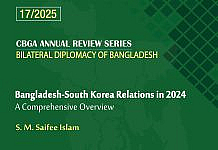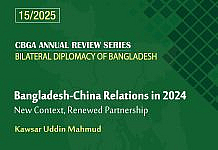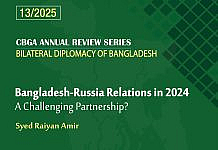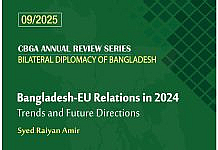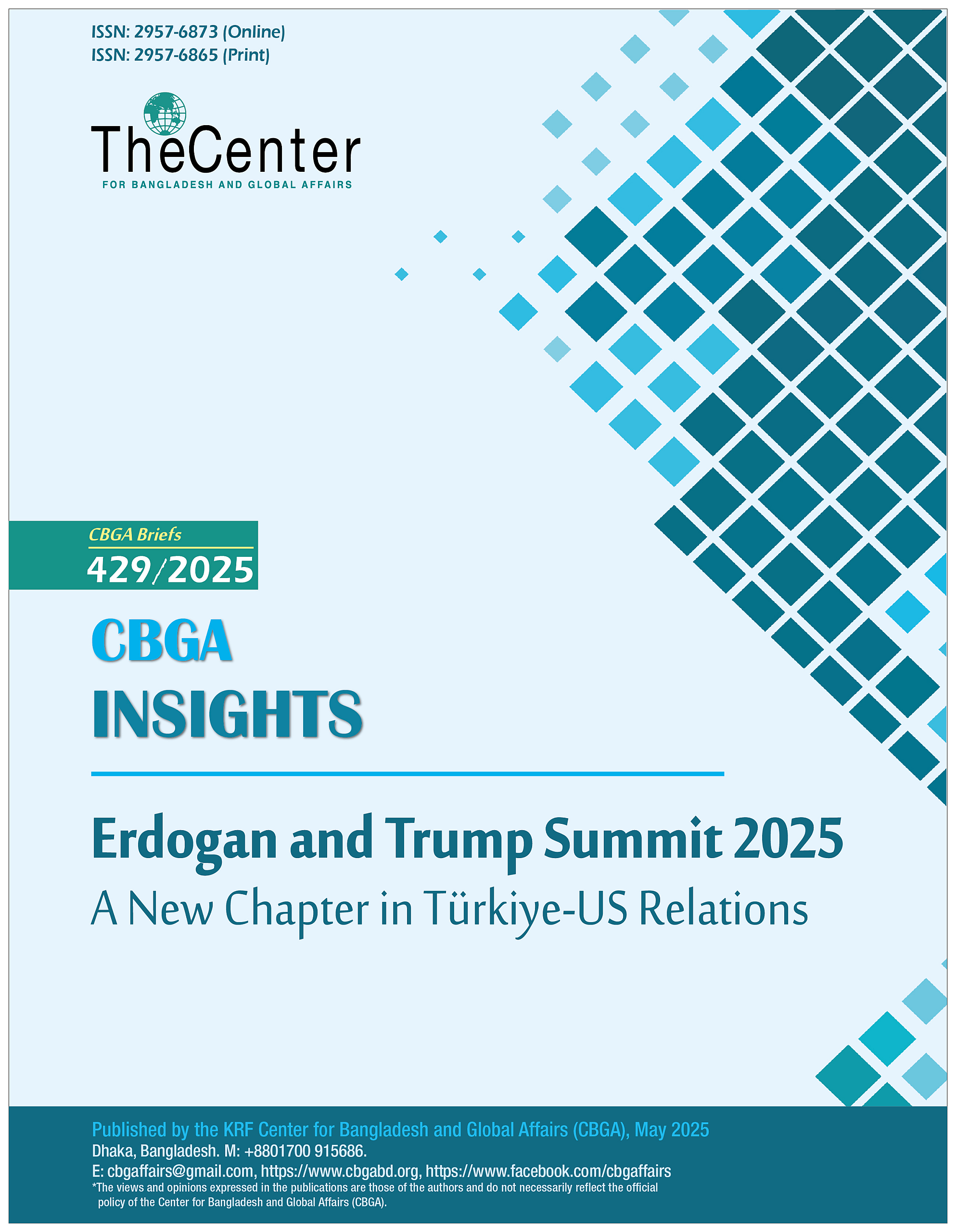
Strengthening Bilateral Ties in a Shifting Global Landscape
Turkish President Recep Tayyip Erdogan on 16 March 2025 has reaffirmed his commitment to deepening Türkiye-US relations in a new era of bilateral cooperation. In a recent phone call with US President Donald Trump, Erdogan expressed optimism that both nations would advance their partnership through a results-oriented approach built on mutual solidarity and sincerity. As the global geopolitical landscape continues to evolve, the conversation underscored the necessity for closer consultations between Washington and Ankara on a range of pressing regional and international matters.
According to a statement released by Türkiye’s Communications Directorate, the two leaders engaged in discussions covering a wide spectrum of issues, from the ongoing war in Ukraine to defense cooperation and Middle Eastern stability. This call marks their first direct engagement since November, when Erdogan congratulated Trump on his re-election for a second term. The renewed dialogue between the two leaders signals a potential shift in US-Türkiye relations, emphasizing a pragmatic approach to shared interests and challenges.
Supporting Diplomatic Efforts in Ukraine
A key focal point of Erdogan’s conversation with Trump was the war in Ukraine, which has persisted for over three years. Erdogan reiterated Türkiye’s steadfast support for a just and lasting peace and emphasized Ankara’s commitment to diplomatic initiatives aimed at ending hostilities between Russia and Ukraine. The Turkish president welcomed Trump’s direct and decisive approach to conflict resolution, reinforcing Türkiye’s role as a mediator in the region.
Since the onset of the war, Türkiye has played an active role in facilitating peace negotiations, hosting multiple rounds of talks between Russian and Ukrainian officials. Ankara has positioned itself as a neutral party, balancing its ties with both Moscow and Kyiv while advocating for a resolution that ensures regional stability. Erdogan’s latest remarks reflect his government’s continued prioritization of diplomacy as the primary means of resolving international conflicts.
Türkiye has also been instrumental in addressing the humanitarian fallout of the war, providing aid to displaced Ukrainians and working to ensure the safe passage of grain exports through the Black Sea. With global food security at stake, Ankara’s role in negotiating agreements such as the Black Sea Grain Initiative has been critical in mitigating the broader economic impacts of the conflict. As discussions on potential peace settlements gain momentum, Erdogan’s alignment with Trump’s push for negotiations could contribute to a renewed international effort to bring the war to an end.
Advancing Defense Cooperation and Overcoming Sanctions
Beyond the war in Ukraine, Erdogan and Trump discussed the future of Türkiye-US defense cooperation. Erdogan emphasized the importance of resolving key disputes that have hindered bilateral military collaboration, particularly those related to sanctions and defense procurement programs. One of the central issues remains the US-imposed CAATSA (Countering America’s Adversaries Through Sanctions Act) sanctions, which were placed on Türkiye in response to its purchase of the Russian S-400 missile defense system.
Erdogan underscored that lifting these sanctions would be a crucial step toward restoring trust and advancing military cooperation between the two NATO allies. Additionally, he called for the finalization of ongoing negotiations regarding Türkiye’s procurement of F-16 fighter jets and the resolution of its exclusion from the F-35 program. Türkiye was initially part of the F-35 Joint Strike Fighter initiative but was removed from the program following its acquisition of the Russian defense system.
Ankara argues that its defense needs require access to advanced military technology, and Erdogan expressed hope that Trump’s administration would adopt a more flexible approach to addressing these concerns. By resolving these disputes, both countries stand to benefit from stronger defense collaboration, reinforcing NATO’s collective security framework amid growing geopolitical uncertainties.
Türkiye’s Perspective on Syria and Regional Stability
Another major topic of discussion between Erdogan and Trump was the situation in Syria. Erdogan reiterated Türkiye’s longstanding position that stability in the war-torn country requires a coordinated international effort, including the lifting of economic sanctions on Syria. He stressed that normalizing the region and ensuring the functionality of Syria’s new administration are essential steps in enabling the return of millions of Syrian refugees currently residing in Türkiye and other neighboring countries.
Türkiye has consistently advocated for a pragmatic approach to resolving the Syrian crisis, emphasizing the need for cooperation between major stakeholders, including the US, Russia, and regional powers. Erdogan urged the US to play a more active role in facilitating a political resolution, which would involve both diplomatic engagement and economic measures to support reconstruction efforts.
Erdogan highlighted the importance of a joint strategy in combating terrorist organizations operating in Syria. Türkiye has long expressed concerns over US support for Kurdish militia groups, particularly the YPG, which Ankara considers to be affiliated with the PKK, a designated terrorist organization in Türkiye. The Turkish president called on the US to adopt a security policy that respects Türkiye’s national interests while addressing shared counterterrorism objectives. The discussions reflect Ankara’s broader expectations for the new phase of US-Türkiye relations, where mutual security concerns are addressed in a cooperative manner.
Looking Ahead: The Future of Türkiye-US Relations
As global dynamics continue to shift, the phone call between Erdogan and Trump signals a potential realignment in Türkiye-US relations. While longstanding disputes over defense procurement, Syria, and counterterrorism measures remain unresolved, both leaders expressed their willingness to engage in constructive dialogue aimed at strengthening bilateral cooperation.
Erdogan’s emphasis on a “new era” in relations suggests that Ankara is eager to explore fresh avenues for collaboration with Washington. The potential removal of CAATSA sanctions, progress on defense agreements, and shared diplomatic efforts in Ukraine could serve as key areas where both nations find common ground.
At the same time, challenges persist. Differences over Syria, NATO’s strategic direction, and broader regional policies could still pose obstacles to fully restoring trust between the two allies. However, the willingness to engage in high-level discussions indicates that both Erdogan and Trump recognize the strategic value of maintaining a robust partnership.
As Türkiye and the US navigate this evolving relationship, the coming months will reveal whether these renewed diplomatic engagements translate into concrete policy shifts. If successful, a reinvigorated alliance could enhance stability in the broader Middle East and Eurasian regions, while also reinforcing NATO’s collective security framework.
For now, Erdogan’s optimism reflects an openness to dialogue, but the trajectory of Türkiye-US relations will ultimately depend on how both sides address outstanding issues and prioritize their shared strategic interests. As regional and global developments continue to unfold, the depth of cooperation between Washington and Ankara will be tested, shaping the future of their alliance in an increasingly complex geopolitical landscape.
– Syed Raiyan Amir is a Senior Research Associate at the KRF Center for Bangladesh and Global Affairs (CBGA).



